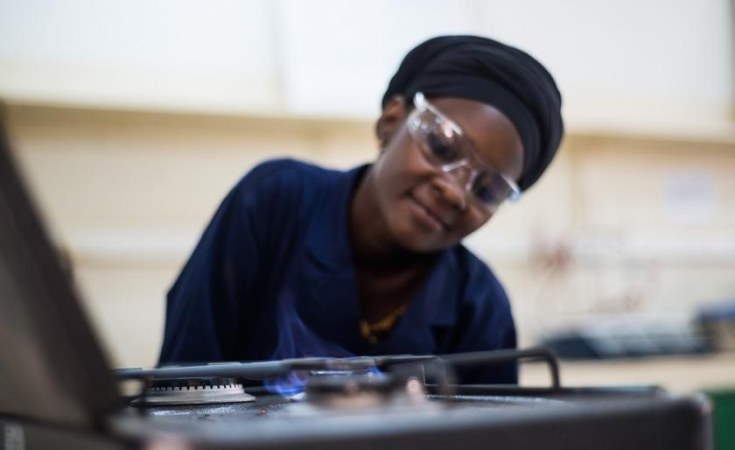Around 2, 700 households in Blantyre and Zomba Cities have switched to clean cooking technologies through the 'Phikani Moganizira Chilengedwe [Environmental Friendly Cooking] Project'.
The figure surpasses the targeted 1, 000 beneficiaries (670 in Lilongwe and 330 in Zomba) who were identified through a Kobo Collect Survey by the Ministry of Energy.
The development has raised hope among authorities that Malawi could be on the path towards addressing factors that drive deforestation and environmental degradation.
Community Energy Malawi (CEM) has been implementing a six-month 'Phikani Moganizira Chilengedwe Project' in partnership with Eco-Gen and 265 Energy Limited with financial support from the Government of Japan and United Nations Development Programme (UNDP) through the Department of Environmental Affairs in the Ministry of Natural Resources in Malawi.
Apart from distributing gas cylinders and Chitetezo Mbaula to selected households, CEM, Eco-Gen and 265 Energy installed biogas digesters at Mai Mbambande Home for the Elderly in Dzuma Village in the area of Traditional Authority Chitukula in Lilongwe, Mikuyu Young Offenders Prison and Zomba General Hospital in Zomba.
Founder of Zoe Foundation, Temwani Chilenga, said using biogas for cooking has reduced the amount of money they used to purchase firewood by 80 percent.
Chilenga added that cooking with biogas is saving time and protecting the surrounding forests from extinction.
"We now spend MK25, 000 only per month on firewood, which largely acts as a backup. We channel the MK130, 000 monthly savings to procure supplies such as food, clothes and toiletries," said the philanthropist who cares for 96 children at her orphanage.
In a separate interview, founder of Mai Mbambande Home for the Elderly, Deborah Mbale, said switching to biogas for cooking has helped them to reduce both indoor and ambient air pollution.
Mbale added that using biogas for cooking makes cooking much easier for women, as they do not have to spend time and energy collecting firewood.
During a learning event held in Lilongwe on Friday, UNDP Program Specialist on Climate Change, Timothy Ranja, said he was impressed with the impact the project in the two cities.
Ranja observed that the project had come at the right time as Malawi grapples with high rates of depletion of forests.
"The project will help Malawi address degradation issues, especially related to climate change goals and targets, which the country has set. Therefore, this is the right targeting for targeting people in urban areas who have been using charcoal and firewood for cooking," he said.
He further stated that the project would address the problem of pollutants, which women and girls are highly exposed to during cooking. Pollutants cause various respiratory diseases.
Mikuyu Young Offenders Prison Officer-in-Charge, Mary Mbonekera, said they not only expect to reduce spending on firewood, but also increase agricultural production through high-efficiency organic fertilizers to be harvested from the system.
Mbonekera said as prices for chemical fertilizers keep rising on the international markets, it is imperative that the prison, which owns a 50-hectare farm, adopts organic fertilizers, which are cheap and easily available and can can increase crop yield without depleting soil quality.
In his remarks, CEM Country Director Edgar Kapiza Bayani disclosed that his organization will soon be opening branches in Blantyre, Lilongwe and Mzuzu where people can buy these technologies at affordable prices.
Meanwhile, Ranja disclosed that his organization is working on modalities for expanding and extending the project to other districts to enable more households access clean cooking technologies.
The learning event was organized to enable stakeholders to share project lessons as well as provide a platform for a multi-stakeholders discussion to share industry experiences on energy for cooking related projects.


